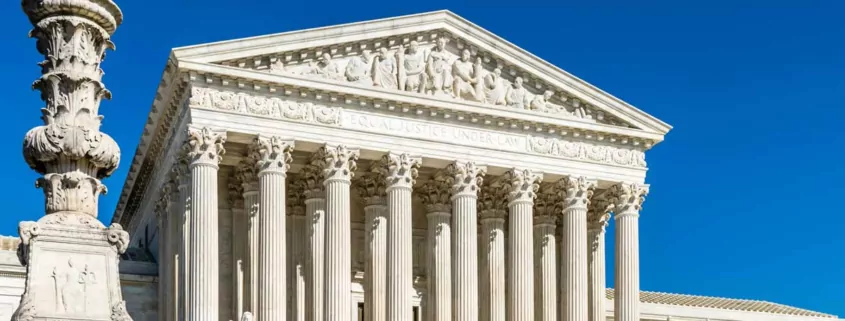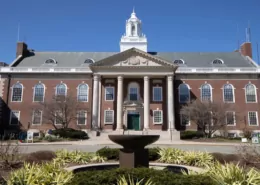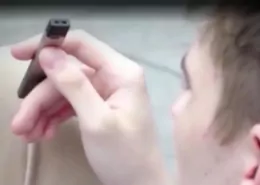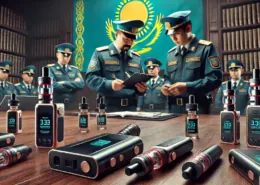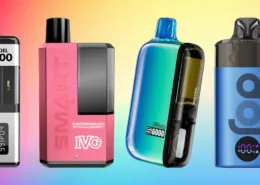Supreme Court Weighs FDA’s Power to Regulate Vaping Products
Key Takeaways
- The Supreme Court heard arguments on Monday regarding the FDA’s power to prohibit the sale of new candy-colored vaping products targeting teenagers.
- Most justices, both conservative and liberal, indicated that Congress granted the FDA authority in 2009 to prevent the sale of new tobacco products, which the agency has recently used to reject new vaping flavors appealing to youth.
- The vaping industry argued that the FDA overregulated and surprised companies by demanding new studies proving their products would persuade adult smokers to switch to e-cigarettes. However, several justices questioned this claim.
Background
In recent years, the FDA has used its authority to reject the sale of new vaping products with flavors like “Rainbow Road” and “Peachy Strawberry,” which are seen as particularly appealing to teenagers. The agency aims to balance persuading adult smokers to quit by switching to e-cigarettes while preventing millions of teenagers from starting to use nicotine products.
Supreme Court Arguments
During Monday’s Supreme Court hearing, most justices seemed to lean in favor of the FDA’s view. Justice Brett M. Kavanaugh questioned the vaping industry’s claim of FDA overregulation, suggesting that their objection lies with the law itself granting the agency discretion. Justice Elena Kagan agreed, stating that the dangers of these flavors for kids starting to use smoking products are well-known and the FDA has been transparent about this issue.
The Biden administration defended the FDA’s position, with Justice Sonia Sotomayor emphasizing that the statute is clear in requiring companies to demonstrate their product will help adults stop smoking cigarettes while not encouraging youth to start.
However, some conservative justices voiced support for the industry. Justice Clarence Thomas said the FDA’s regulations set a “moving target,” while Justices Samuel A. Alito Jr. and Neil M. Gorsuch expressed similar skepticism.
Potential Impact and Future Developments
It remains unclear if the court’s ruling in the coming months will settle the controversy. The attorney for the vaping companies pointed to the incoming administration of President-elect Donald Trump, who has stated his intention to “save flavored vapes,” adding uncertainty to the FDA’s future approach.
Justice Kavanaugh noted that the companies will be free to reapply for approval. Additionally, the practical impact of the FDA’s disapproval is questionable, as many unapproved e-cigarette flavors remain widely available.
Conclusion
The Supreme Court’s decision in this case will have significant implications for the FDA’s ability to regulate new vaping products and protect public health, particularly among teenagers. While the justices’ questions during the hearing seemed to favor the FDA’s position, the final ruling and its consequences remain to be seen. Businesses in the vaping industry and public health advocates alike will be closely watching the outcome of this case.
- Bestselling Vapes in UK After Disposable Ban: What to Stock 2025 - August 8, 2025
- Argentina Debates Stricter Vape Laws Amid Prohibition Failures - August 8, 2025
- Nigeria Advocacy Group Urged to Hike Tobacco & Vape Tax by 100% - August 8, 2025

